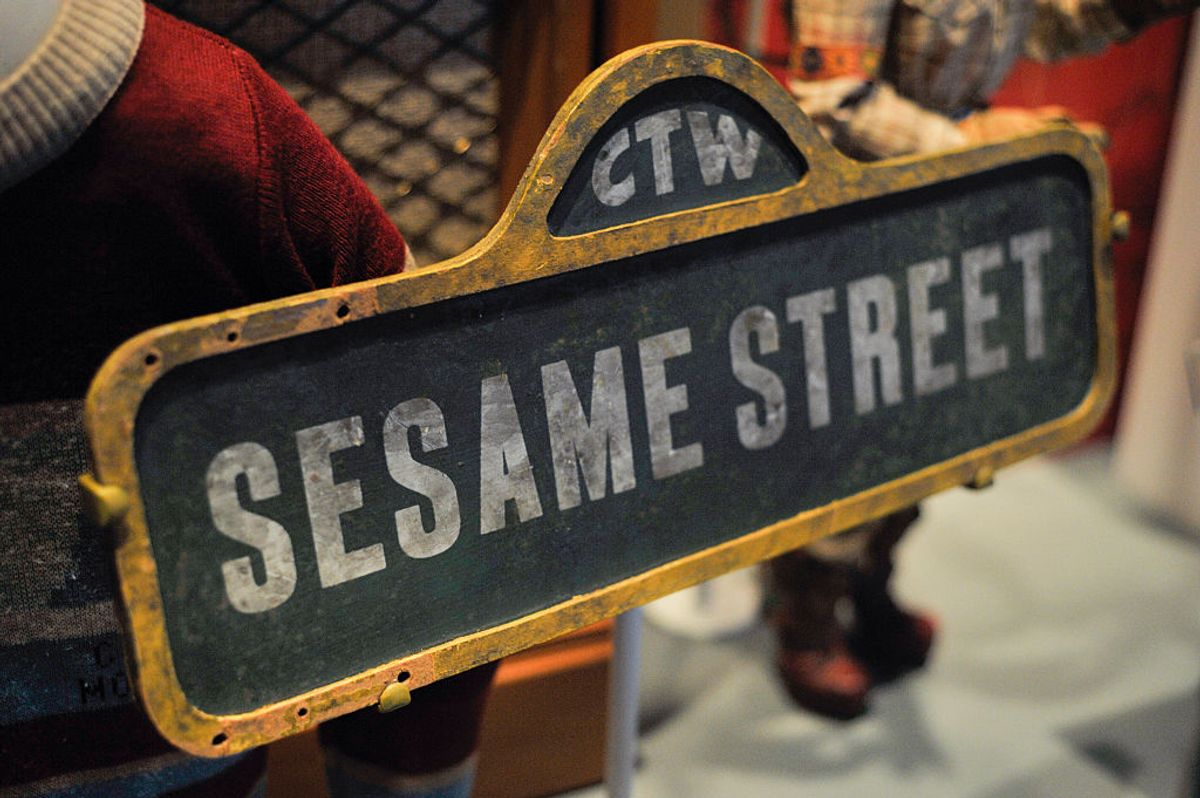PBS filed a lawsuit this week challenging a Trump-era executive order that stripped the public broadcaster of key federal funding, calling the move “unconstitutional, retaliatory and a direct threat to public media’s independence.”
The order, signed early this month, is meant to cut money from public media that Trump believes is "radical, woke propoganda disguised as 'news.'" This isn’t the first time they tried this. In the last days of the first Trump era, they tried to cut funding for PBS and NPR. But this time, this cut is from the start of the term. This time, the U.S. Department of Education canceled a $78 million grant to the system for educational programming that makes shows like “Sesame Street” and “Reading Rainbow.”
PBS now argues the long-term effects have been deeply damaging particularly to rural and underserved communities that rely heavily on public broadcasting. The lawsuit specifically singles out rural Minnesota’s PBS station, KAWE, known locally as Lakeland PBS. This station is situated in the north-central region of the state, between reservations, lakes and farms, hours away from the Canadian border or larger cities like Duluth or Grand Forks.
A Tampa PBS intern spoke with Salon on how this is affecting her station. "It’s saddening to hear about all the threats to their jobs," said college senior Nicole Droeger Stephens. "The local community relies on networks that will provide education, entertainment, and news that bigger networks won’t cover. Public television and radio provide access to all communities no matter the size, demographics or incomes."
That station immediately started their campaign to remind its viewers and online visitors just how important their station is and how to fight back. In this case, Lakeland PBS is the only source of local news in the area.
The lawsuit, filed in federal court, alleges the defunding was in response to PBS’s editorial choices and coverage that drew criticism from Trump and his allies. Legal experts suggest the case may test the boundaries of executive power over independent media.
Local stations have also kicked off their own campaign of pushing back to the Executive Order. Even larger markets, like Tampa’s WEDU, posted heartfelt pleas and information on how its viewers can help keep public broadcasting on the air.
The White House has made no statement on this development.
This suit continues the debate over the future of public media. Advocates argue that PBS remains one of the last truly non-commercial, trusted media institutions in the U.S. and one that now finds itself fighting to stay independent in an increasingly politicized media landscape.



Shares